"The pressure of trillions of invoices" weighs heavily on credit institutions
According to current regulations in Clause 4, Article 9 of Decree No. 123/2020/ND-CP (Decree 123), credit institutions are allowed to aggregate transactions of individual customers who do not need invoices to create daily total invoices. This helps to significantly reduce the number of invoices that need to be processed, especially for small transactions such as account management fees, text message service fees, ATM withdrawal fees, etc. However, in the draft Decree amending and supplementing a number of articles of Decree 123, the Ministry of Finance has removed this regulation, meaning that credit institutions must issue individual invoices for each transaction, regardless of whether the customer requests it or not. This is expected to create a "storm" of invoices, putting great pressure on the banking system.
Statistics from banks show that, for Vietinbank alone, on average, 1 million invoices are generated each day. On days when BIDV collects account management fees and SMS service fees, the number of transactions requiring invoices is up to 7-10 million transactions/day. If the new regulation is applied, the number of invoices will increase many times, overloading the system.
 |
A representative of a commercial joint stock bank said that they support the need to increase transparency in invoice management. However, there needs to be appropriate support solutions so that credit institutions can adapt to the new regulations without affecting business operations. According to the representative of this bank, unlike retail gasoline, where customers often pay in cash, leading to difficulty in controlling sales revenue, fees and interest from individual customers are collected from customers' accounts and revenue is fully recorded at each point of fee and interest collection. Customers who borrow capital and use services from credit institutions will have their information and transaction history fully and transparently stored. Therefore, instead of being required to issue individual invoices for each transaction for individual customers as in retail gasoline, banks can issue total invoices based on detailed information of each transaction arising during the day and month in the bank's data management system. The bank shall be responsible for the accuracy of transaction information and provide a detailed summary of services provided upon request by the authorities.
Not only affecting banks, changing the way invoices are issued also increases the workload for tax authorities.
Meanwhile, a financial expert analyzed: "With the huge amount of invoices generated every day, the tax authority's system must also receive, store and process data many times larger than it is now."
Costly, cumbersome for the system
Not only does the issuance of individual invoices increase the workload, it also requires banks to invest heavily in upgrading their information technology (IT) systems. Invoices are accounting documents that must be stored permanently, so electronically storing a huge number of invoices for many years requires banks to invest heavily in IT infrastructure.
"Modifying the electronic invoice (EI) system features will be costly in terms of time, cost and human resources. Not to mention, storing a large number of EI invoices for a long time also requires large investments in IT infrastructure," said a representative of the Vietnam Banking Association. In addition, according to the Vietnam Banking Association, the sudden increase in the number of invoices will also cause difficulties for the EI processing and lookup system, not only of credit institutions but also of tax authorities. This can lead to network congestion, delays in transaction processing, affecting the operation of the entire financial system.
Faced with the above difficulties and shortcomings, the Vietnam Banking Association has sent a document to the Ministry of Finance and the Ministry of Justice proposing to consider maintaining the regulations on total invoices for individual customers who do not need to get invoices in the current Decree 123, and at the same time send it to the State Bank of Vietnam for reporting.
"Keeping the current regulations will help reduce the burden on credit institutions, while not affecting the interests of individual customers who do not need to receive invoices for small transactions," a representative of the Vietnam Banking Association emphasized.
However, in the draft submitted for comments to Government members, the Ministry of Finance has not yet accepted the comments of the Banking Association, causing concern among credit institutions about difficulties that may arise when the new regulations are issued.
The amendment of regulations on electronic invoices is necessary to adapt to the development of the digital economy. However, careful consideration and listening to opinions from stakeholders, especially those affected, is needed to ensure the feasibility and effectiveness of new regulations. The promulgation of regulations affecting business sectors needs to be carefully studied and analyzed for their impacts on the entire economy, not just the targeted sector.
Source: https://thoibaonganhang.vn/hoa-don-dien-tu-ngan-hang-keu-troi-vi-du-thao-sua-doi-gay-nhieu-kho-khan-161414.html




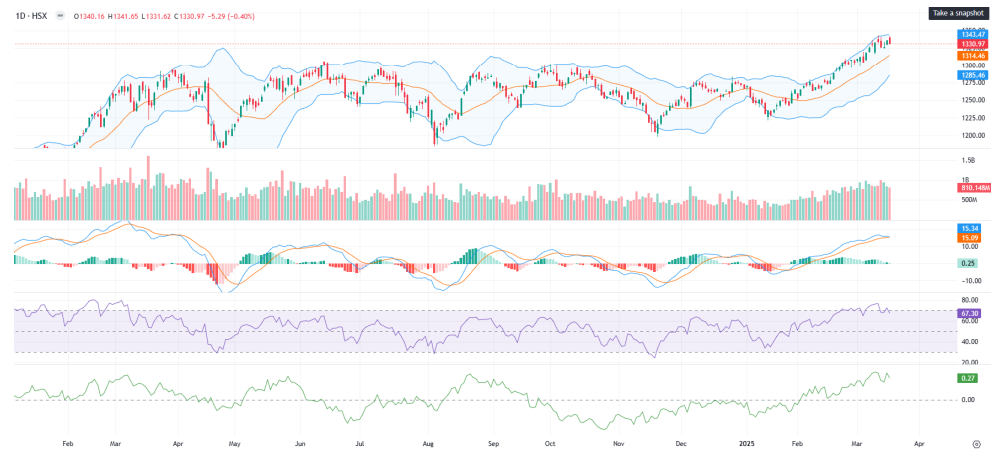






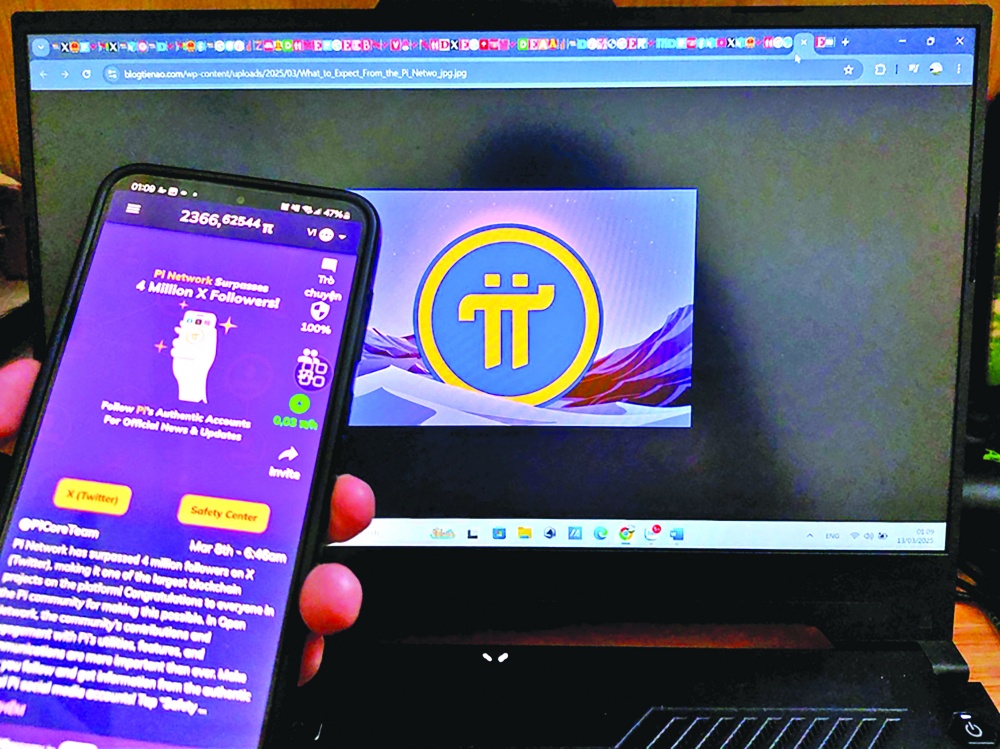



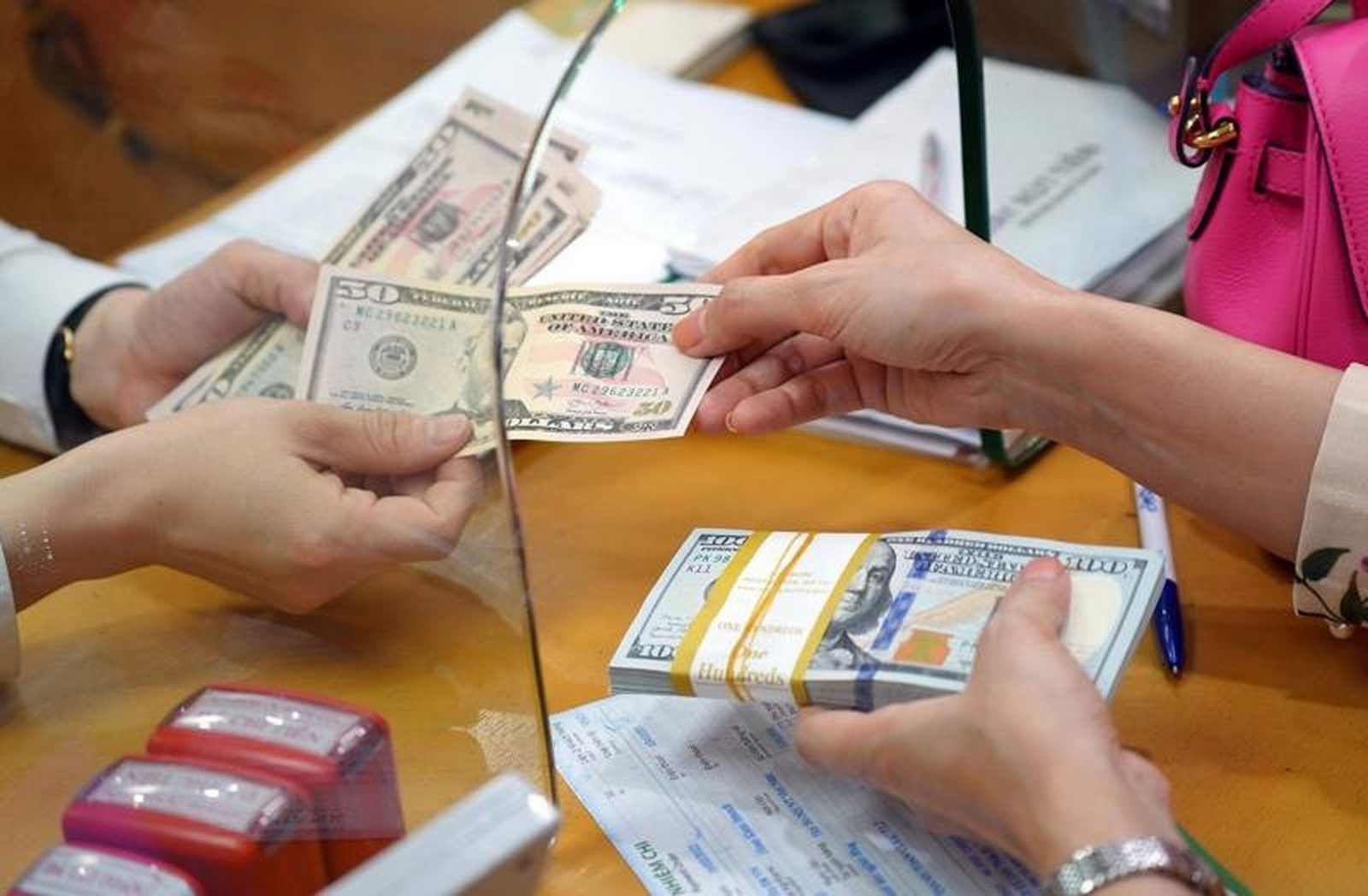










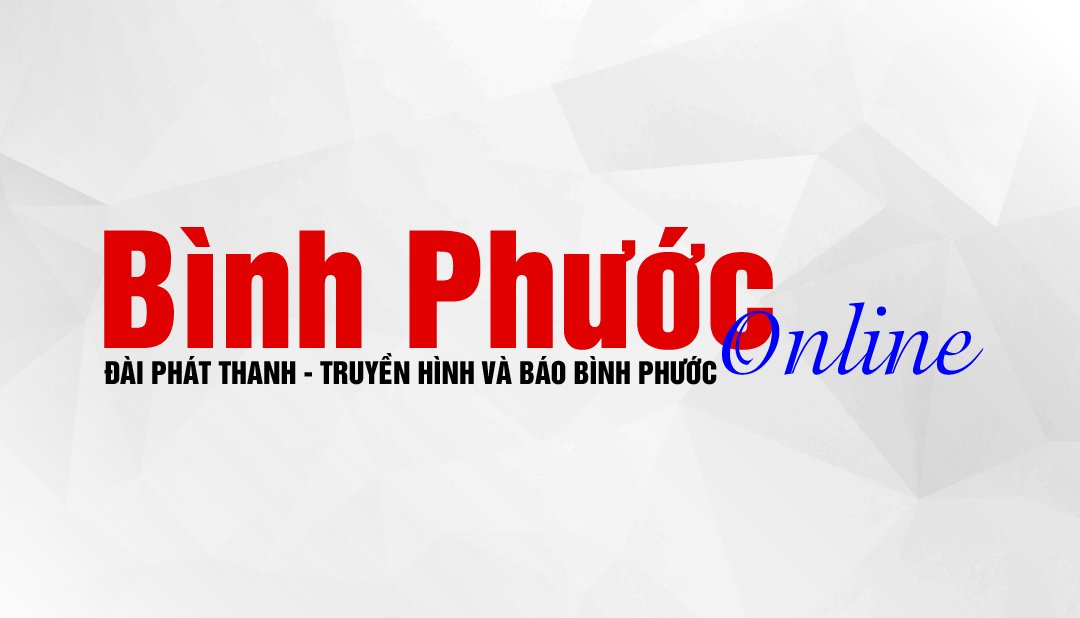

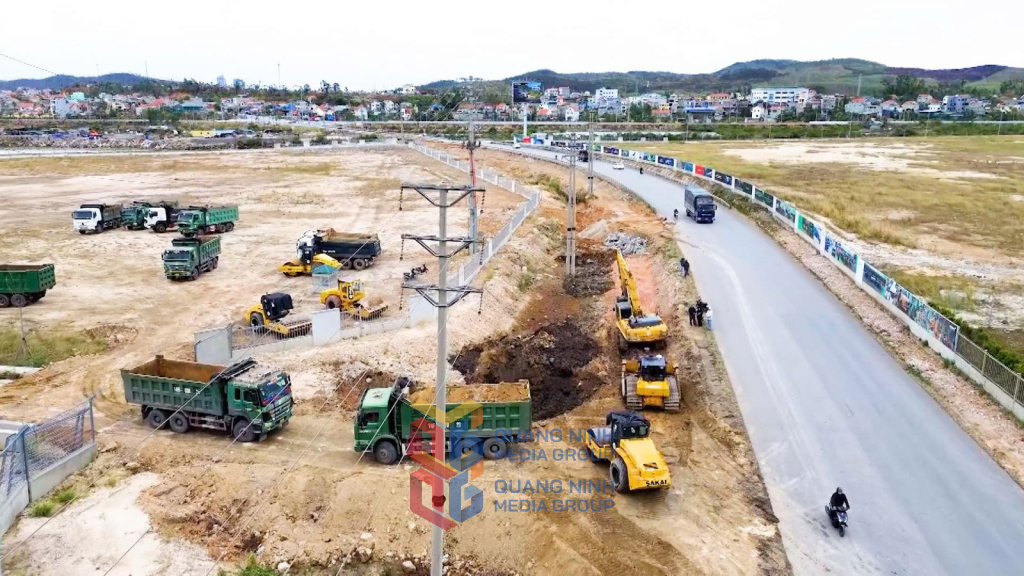

Comment (0)